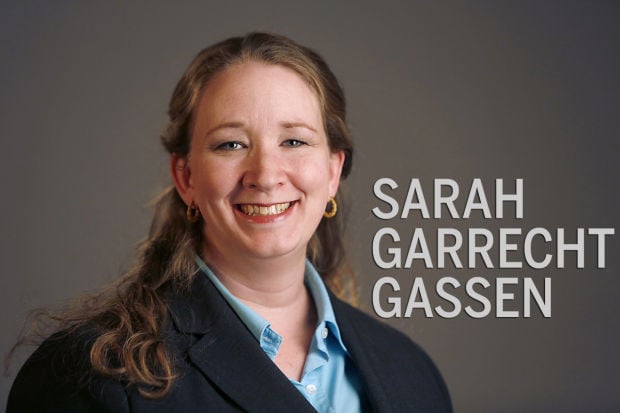The writing group meets every Thursday afternoon. Members gather in the conference room, take a few sheets from a stack of loose leaf notebook paper in the middle of the table, choose from a pile of generic silver ballpoint pens and settle in.
They belong to Our Place Clubhouse, a psychosocial rehabilitation program in a downtown storefront that offers people diagnosed with serious mental illness a space to socialize, volunteer, have a meal, develop their skills or just be. You must be diagnosed with a serious mental illness to belong. It’s part of the nonprofit Coyote Task Force, which also operates Café 54 downtown.
Our Place Clubhouse is an important spot — a safe spot, a welcoming spot in a world that’s often suspicious of and downright hostile to people living with schizophrenia, bipolar disorder, anxiety or depression.
Tucson author Sheila Wilensky leads the loose-knit group. She offers writing prompts like “what I most want to tell people about living with a brain disease” or “fear is not an option.” Members write for 10 or 15 minutes, and then read their responses to each other — if they want to. And if they don’t, it’s not a big deal. It’s their call.
“Just try to keep the pen moving,” Wilensky said during the meeting last Thursday afternoon. And if you get stuck, she said, just write “stuck stuck stuck” until the words start to flow. It works.
The group includes people of different ages, backgrounds and experiences. Some have lived with mental illness for decades, for others it’s a more recent diagnosis that requires adjustment.
“I am not able to have the life that I dreamed of, but it’s like my mom said, it’s about making mental connections,” said Brian, who is in his mid-20s.
The writers share the encouragement of friends, without the pressure of outside expectations. They set to work last Thursday on Wilensky’s prompt, describing their “hopes and dreams for today.” For Brandon it’s feeling better about himself and becoming more independent. For Cheryl, it’s finding people “who will love me for my kind heart.”
Rachel is a baker and works near the clubhouse making vegan and gluten-free pastries and desserts. Her hope and dream is to have a stall at farmers markets, but the rules require that she prepare her baked goods in a commercial kitchen, and that takes money she simply doesn’t have.
Rachel has lived with schizophrenia for 28 years. She shares her one-bedroom apartment with her many cookbooks and a cat. She tends to downplay her accomplishments. “Most of the time I don’t like what I’ve written. But I always feel better after this group,” she said.
Sometimes the writing responses are deeply personal. Cindy, who described her anxiety as being “like a winter coat I am wearing on a 110-degree day,” shared her words: “My dream would be to have supports in place for children who don’t have enough physically, emotionally or spiritually. My personal dream is to reach out to those children who are beginning to show signs of mental illness.
“Where would I be today if my school had gotten involved when I would start weeping in class for reasons I couldn’t even articulate? My dream is that today’s children would be sheltered by those around them, with no shame. And yes, it’s everyone’s business and adults should have the courage to get involved,” she wrote.
The group members are well aware of how they’re perceived by many others who are so-called “normal.”
“I would like them to understand that mental illness is not to be feared,” wrote Billie.
They’ve experienced rejection and isolation, sometimes by their own families. They see the fear on people’s faces, the assumptions that they’re somehow broken or not capable, or, even worse and equally inaccurate, dangerous. That’s a lot to carry with you every day.
“Since childhood my norm was having continuous anxiety attacks,” wrote Phoenix. “Until I began on medications my normal caused others to reject me. I couldn’t understand why. There were two different realities — me, and the world’s view of me.”
Writing helps by being a creative outlet, a place to express themselves and share their lives. It’s a place where they don’t have to worry about how they’re perceived by others. “I feel accepted here,” Cheryl said. “There’s no judgment.”





